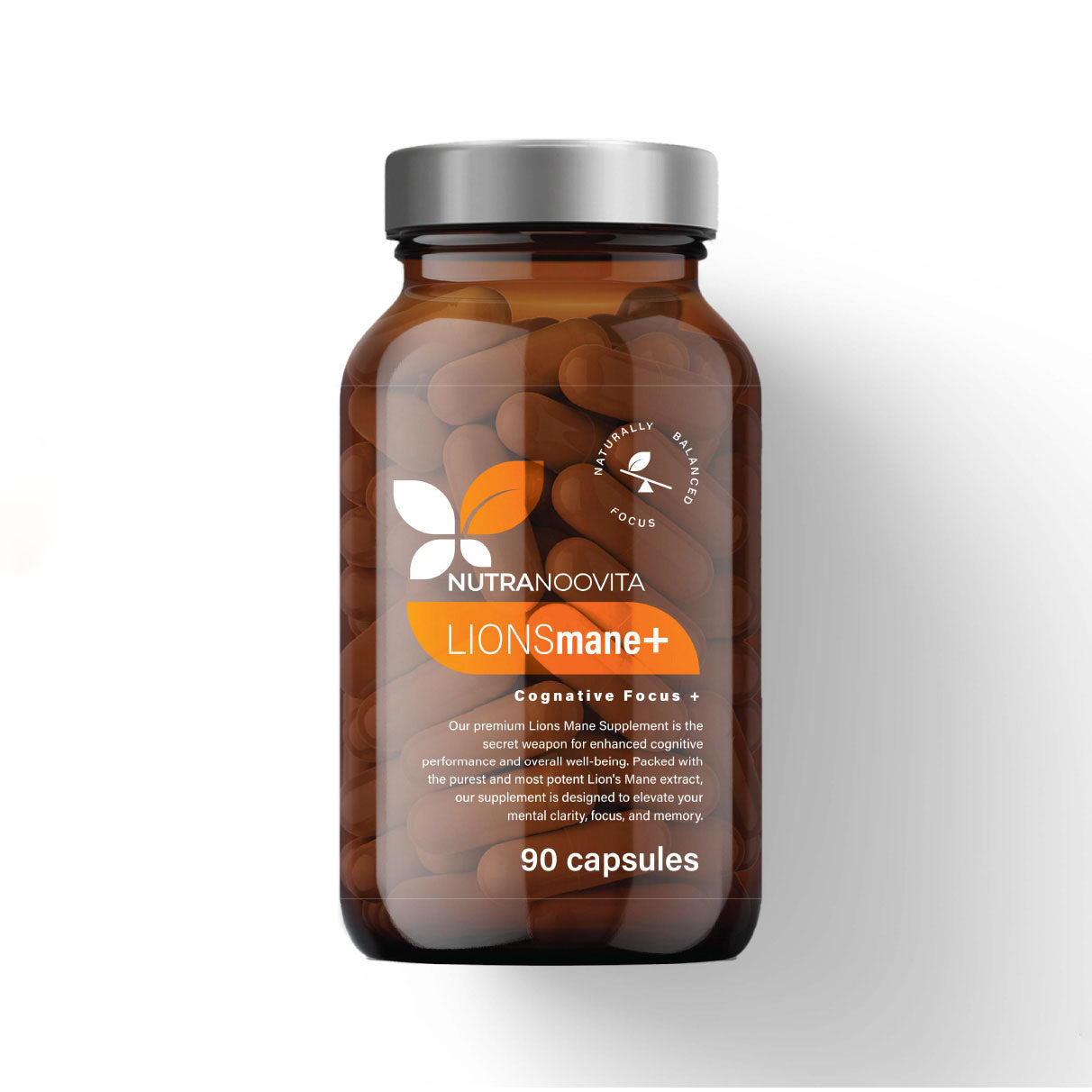
What is CBD? A Quick Look
Share
Cannabidiol, commonly known as CBD, is one of over a hundred natural compounds, or cannabinoids, found in cannabis plants. Unlike its famous counterpart THC, CBD is non-psychoactive, meaning it doesn’t cause the ‘high’ associated with cannabis use.
History of CBD
CBD was first isolated in the 1940s, but its structure wasn’t fully understood until the 1960s. Historically, cannabis plants have been used for thousands of years for various medicinal purposes.
How CBD Works
CBD interacts with the body’s endocannabinoid system (ECS), which plays a role in regulating functions such as sleep, immune-system responses, and pain. It does this by mimicking natural cannabinoids in the body, helping to maintain balance and homeostasis.
Benefits of CBD
Research suggests that CBD may provide relief for chronic pain, anxiety, inflammation, depression, and many other conditions.
Types of CBD Products
There’s a wide array of CBD products available, including:
- Oils and tinctures
- Edibles like gummies and chocolates
- Capsules and pills
- Topical creams and balms
- Vaping products
Each type offers different benefits and methods of consumption to suit individual preferences and needs.
Legal Status
The legal status of CBD varies by country and often depends on the source of the cannabinoid (hemp vs marijuana) and the concentration of THC in the product. In many places including the UK, CBD derived from hemp with less than 0.2% THC is legal.
Conclusion
CBD is a versatile compound with a rich history and a wide range of potential health benefits. As research continues to evolve, so does our understanding of how best to utilize this natural remedy. Always check your local laws before purchasing or using CBD products.

